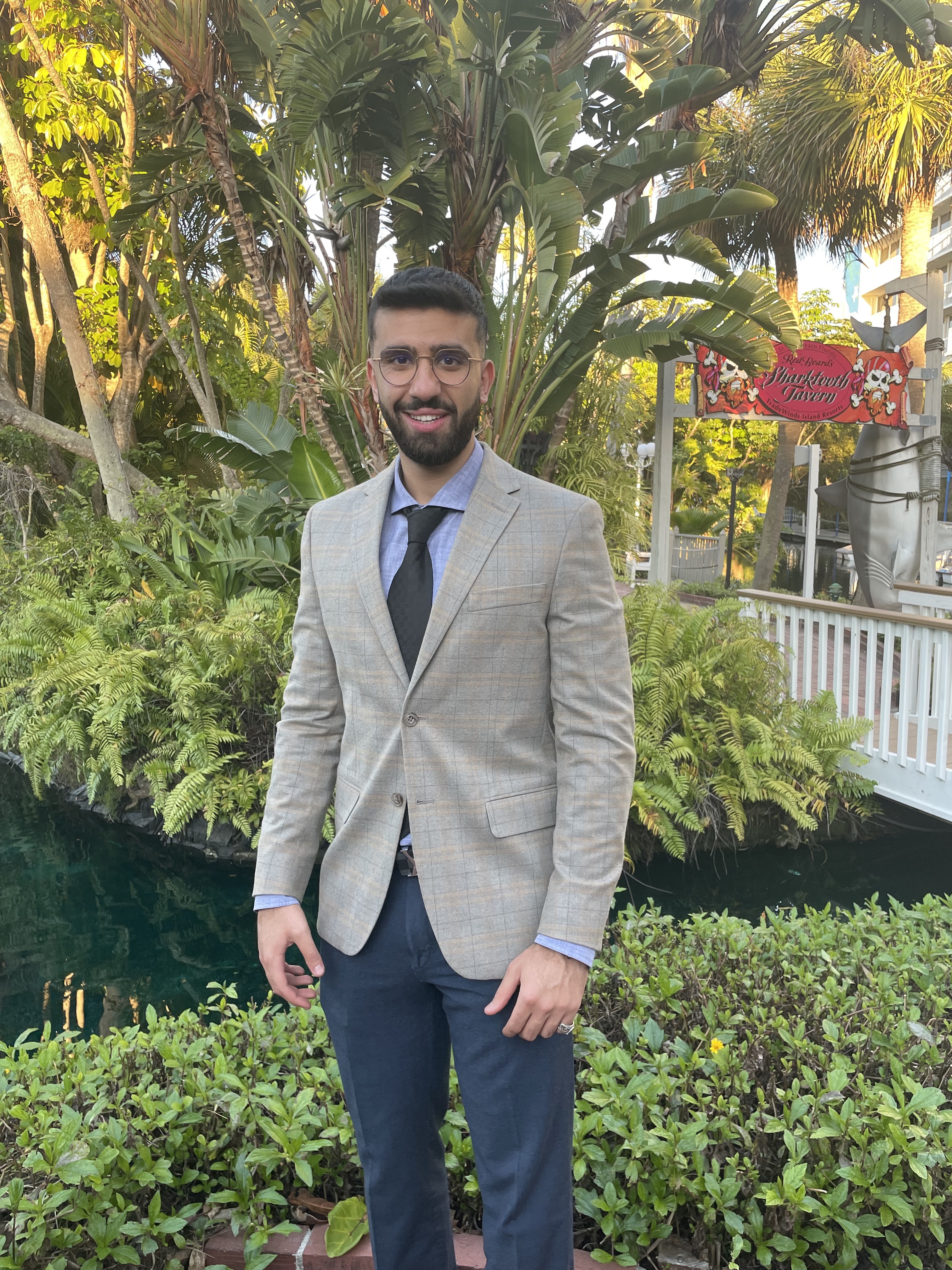UROP Research Mentor Project Submission Portal: Submission #1334
Submission information
Submission Number: 1334
Submission ID: 21266
Submission UUID: 504a1976-5f65-488f-8441-ba82c31b05ed
Submission URI: /urop-research-mentor-project-submission-portal
Submission Update: /urop-research-mentor-project-submission-portal?token=kN-6_hFrakAOzXssjjRdUtkS6DKsX_Ko2adhFax9ruw
Created: Fri, 08/22/2025 - 06:44 PM
Completed: Fri, 08/22/2025 - 06:47 PM
Changed: Mon, 09/29/2025 - 07:11 PM
Remote IP address: 144.174.212.78
Submitted by: Anonymous
Language: English
Is draft: No
Webform: UROP Project Proposal Portal
Submitted to: UROP Research Mentor Project Submission Portal
Research Mentor Information
Hashim Malallah
{Empty}
{Empty}
Graduate Student
Yusaku Horiuchi
Social Sciences and Public Policy
Political Science

Additional Research Mentor(s)
{Empty}
{Empty}
{Empty}
{Empty}
{Empty}
{Empty}
{Empty}
{Empty}
Overall Project Details
Law in Speech, Law in Practice? Regime Type and Leaders’ References to UN Resolutions
text analysis, UNGA, speeches, regime type, leaders, global audience
No
3
political science and computer science preferred but not required.
On FSU Main Campus
{Empty}
Fully Remote
6
Flexible schedule (Combination of business and outside of business. TBD between student and research mentor.)
Why do some world leaders reference international law more frequently than others when addressing global audiences? What explain variation in references to existing international resolutions in public speeches? I propose and test competing theoretical expectations based on leaders’ regime type, using data from the United Nations General Assembly debate texts. Democratic and autocratic leaders may reference past resolutions to signal compliance with legal precedence and respect for international law, or they might strategically avoid referencing resolutions they did not support. However, democratic leaders might avoid referencing a resolution that could incur negative domestic audience costs. On the contrary, autocratic leaders could use international resolutions as a diversionary strategy to distract global attention from domestic abuses of international law.
Drawing on UNGA floor speeches from 1946 to 2023, I explore how regime type shapes democratic and autocratic leaders’ incentives to reference past UNSC or UNGA resolutions. Preliminary evidence show that autocratic leaders are more likely than democratic leaders to reference resolutions in their speeches. However, it is unclear for which topics and issue areas referencing is more or less likely to occur. In this project, I aim to develop a handbook for classifying UNGA floor speeches by different topics. Unlike UNSC speeches, which are structured by specific agenda, UNGA speeches allow leaders to strategically select the topics and resolutions they like to discuss. To identify when and where leaders are more or less likely to reference past resolutions, it is important to classify speeches by topics through supervised classification scheme.
Drawing on UNGA floor speeches from 1946 to 2023, I explore how regime type shapes democratic and autocratic leaders’ incentives to reference past UNSC or UNGA resolutions. Preliminary evidence show that autocratic leaders are more likely than democratic leaders to reference resolutions in their speeches. However, it is unclear for which topics and issue areas referencing is more or less likely to occur. In this project, I aim to develop a handbook for classifying UNGA floor speeches by different topics. Unlike UNSC speeches, which are structured by specific agenda, UNGA speeches allow leaders to strategically select the topics and resolutions they like to discuss. To identify when and where leaders are more or less likely to reference past resolutions, it is important to classify speeches by topics through supervised classification scheme.
Hand coding and classifying paragraphs from UNGA speeches by different topics (A handbook with detailed guidelines and information on how to code each paragraph will be provided). Topics include: Palestine conflict, nuclear weapons and nuclear material, arms control and disarmament, colonialism, human rights, (economic) development.
No specific skills are required other than attention to detail and careful reading.
Actively engaging students and involving them with the research design, listening to students thoughts and evaluations of the project, Creating an interactive environment for learning, Identifying what motivates each mentee.
https://onlinelibrary.wiley.com/doi/10.1111/nana.13057
{Empty}
No
{Empty}
UROP Program Elements
Yes
Yes
Yes
Yes
Yes
No
{Empty}
2025
